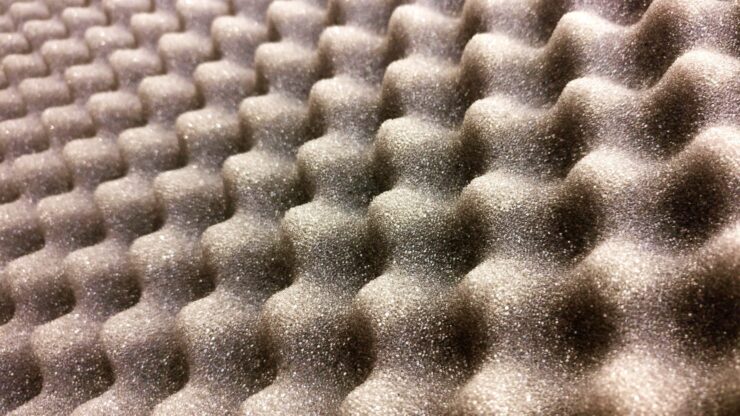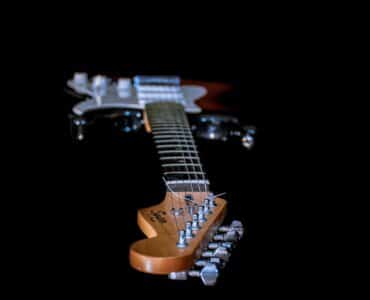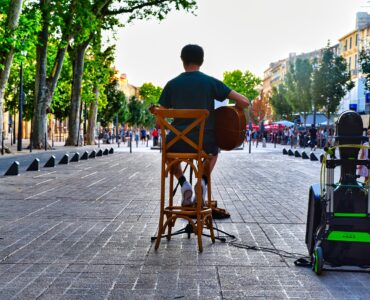In this special guest blog, our friends at Redfin offer their advice on the basics of soundproofing!
Musicians make a lot of noise, and if you live in a small apartment or flat, it’s a good idea to invest in soundproofing equipment for your home.
It’s a cheap and easy DIY project, and your neighbours will thank you! Here are three tips to help get you started…
Think about plugging the gaps
A lot of sound escapes through door gaps and window seals. Add a door sweep to either side of your door to cut down on sound travel.
You can hang think curtain over windows, or seal leaks with budget-friendly foam weather stripping or professional-grade acoustic sealant.
Don’t forget about your heating and cooling ducts; line them with soundproof duct liner to further reduce noise.
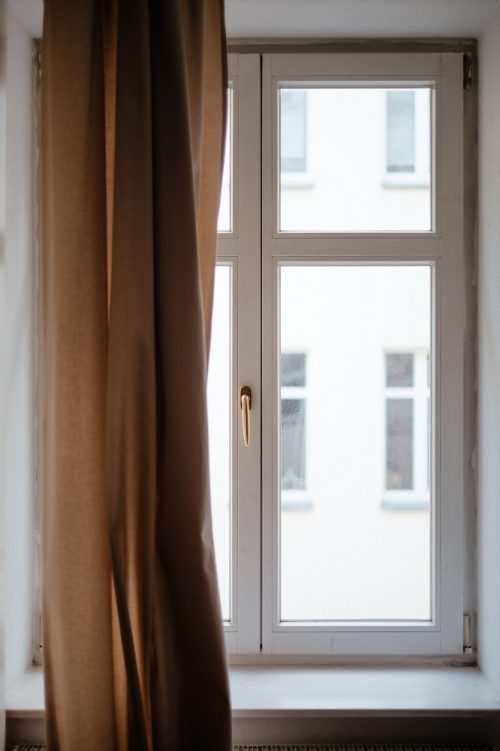
Try to deaden the space
If you choose a space with hard surfaces, such as granite countertops or hardwood floors, your sound will reflect through the room, bouncing again and again off the surfaces until it runs out of energy.
Cut down on reflection with carpeting or thick rugs, and consider hanging some material from the walls. Also, think about installing soundproof curtains around the perimeter of the room or tacking up vinyl or acoustic insulation.
Avoid cheaper solutions, like adding mattresses or egg crates to the walls. These are ugly and do not work!
Choose the location of your rehearsal/studio space carefully
Be smart about where you choose to play your music. Avoid shared walls and consider installing a false ceiling to add some extra relief for your neighbors.
Also consider replacing hollow doors with solid, heavy core ones and, if you have space, investing in an outdoor shed or garage.
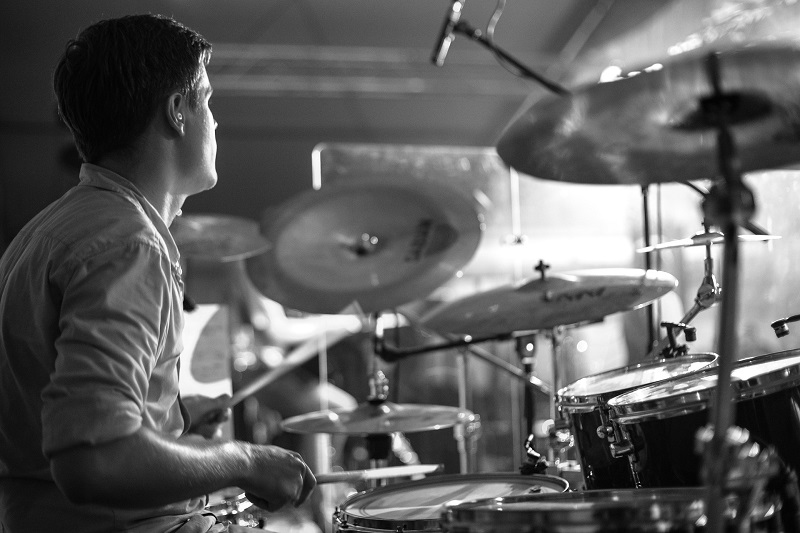
Creating a personal studio space
If you have a spare room, why not turn it into a simple recording studio? Along with our other soundproofing tips, which will keep noise from escaping, focus on acoustic treatment options. These will ensure that the music that stays in sounds the best. Here are a few other tips and tricks to keep in mind.
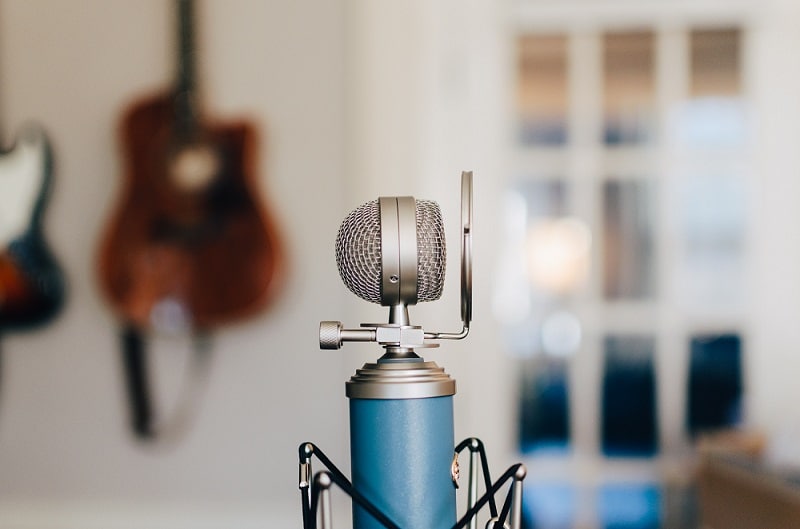
• Don’t get rid of all sound reflection. Leave a couple spots open and treat them with diffusers. This preserves the natural frequency of your music.
• Keep electrical equipment like amps as far away from microphones as possible to avoid feedback.
• Make sure you have plenty of outlets with proper wattage available for use in the studio.
• Trap low-end sound absorption with bass traps. Install a few throughout your studio to dampen lower frequencies.
• Make sure your studio has enough room to accommodate the number of musicians you expect to play in the space. If you plan to host other artists, this will make it easier to arrange your recording stations and maximize the best sound.
• Ensure your equipment is maximized for your space. This allows more room to move around and fewer things for sound to bounce off of. If it’s appropriate and affordable, try using compact equipment.
Do you have any other top tips on soundproofing your home or rehearsal space? Leave them in the comments below!
This post is a guest post created by Redfin
Share this:

